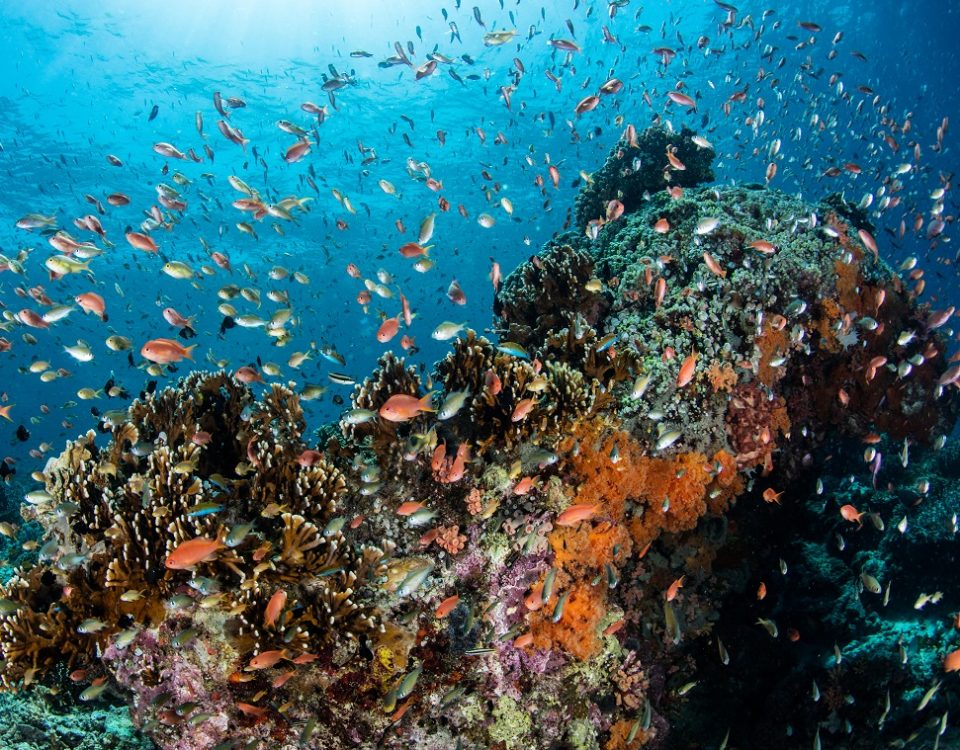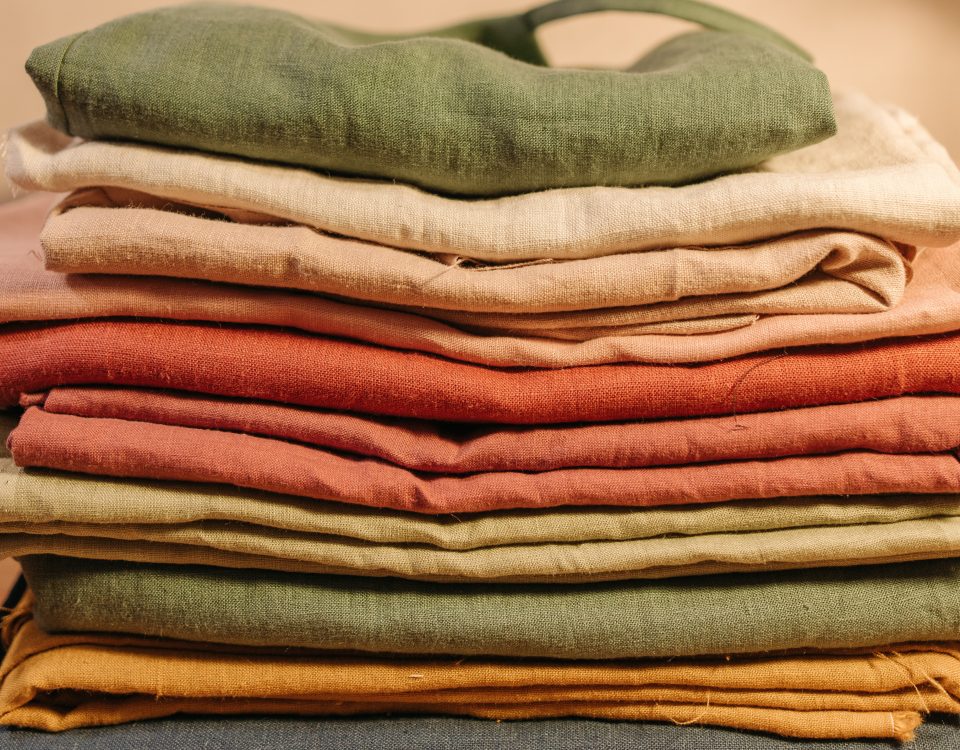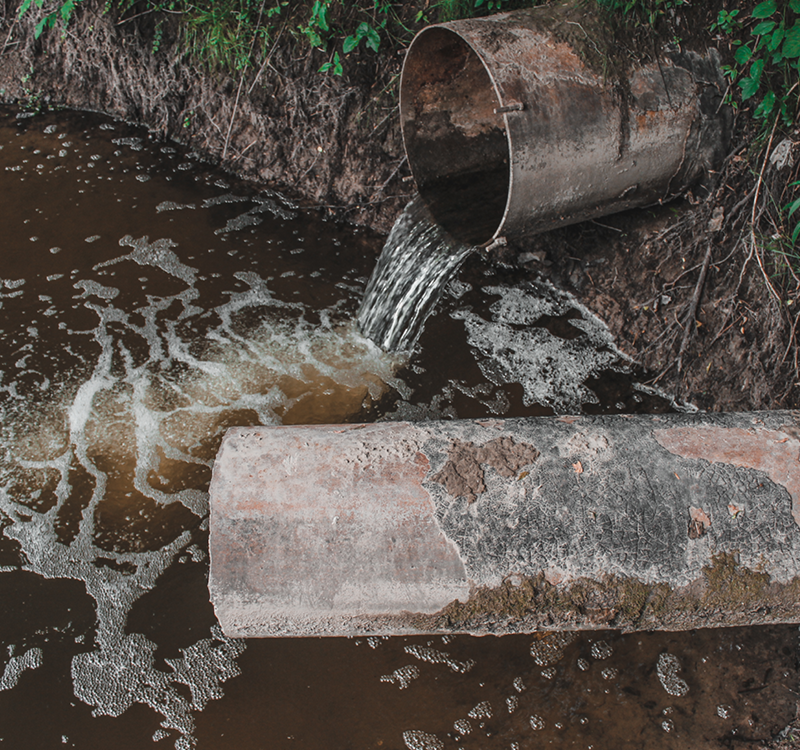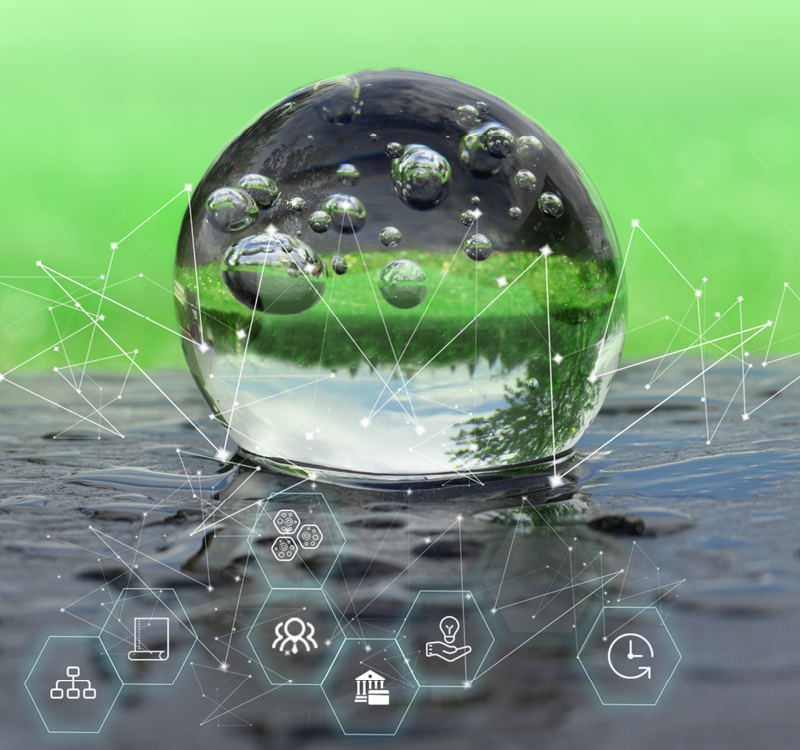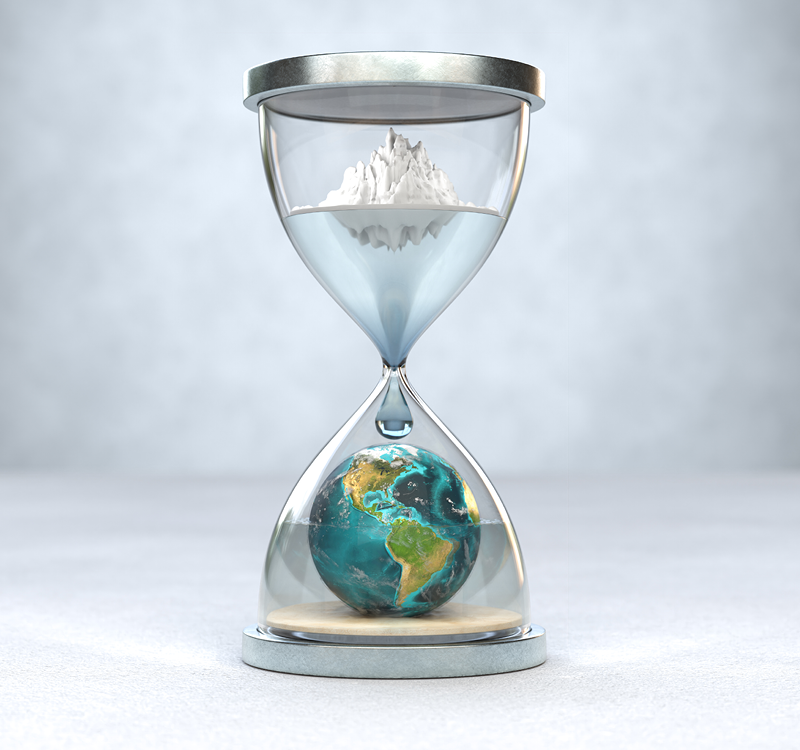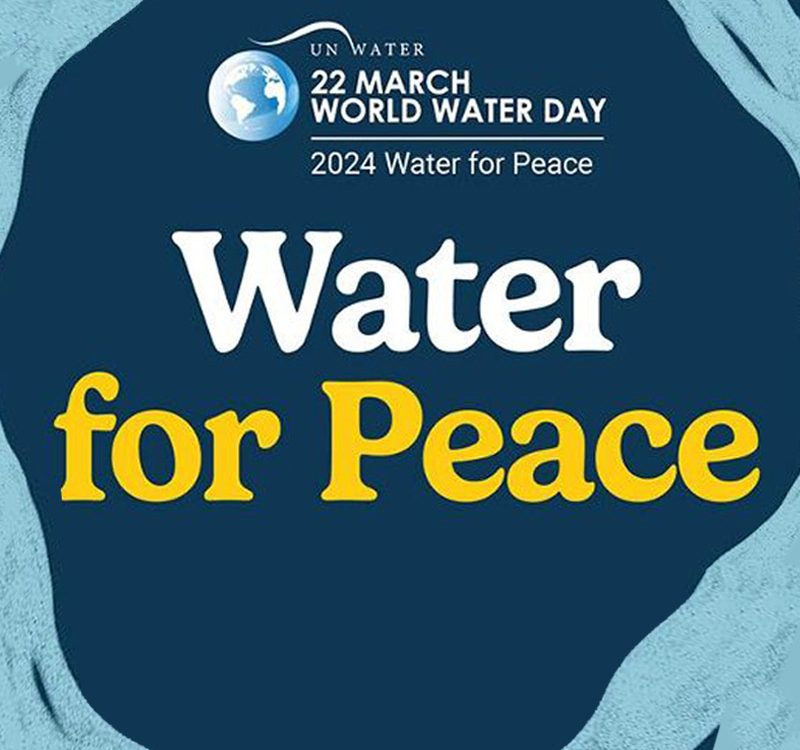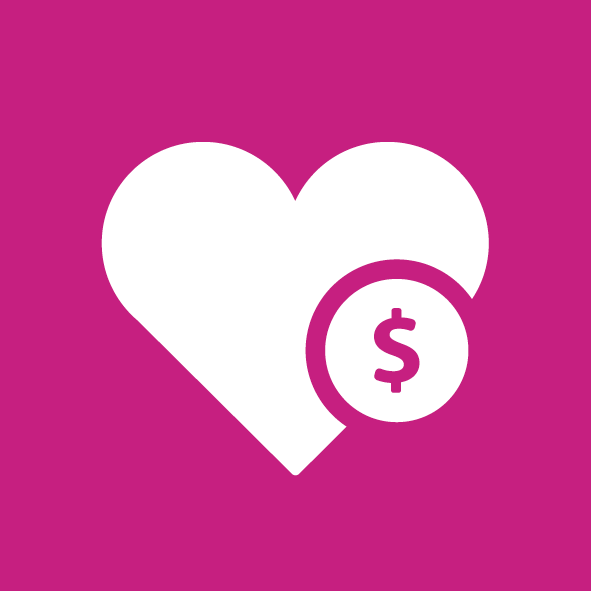17. July 2024
Microplastics are a pervasive environmental pollutant affecting wildlife, ecosystem, and human health. Microplastics can be consumed at all trophic levels and transmitted along the food chain, resulting in numerous long-term detrimental impacts on wildlife and ecosystems across the world. The amount of research investigating such impacts has been increasing over the years. We have gone through recent, state of the art research that has been done on microplastic impacts on wildlife in terrestrial, freshwater, and marine ecosystems, and summarize some of the main points in this blog.
(Micro)plastic pollution is a complex global issue, affecting ecosystems, wildlife, and human health around the world. Understanding the inputs and fluxes of microplastic pollution across environmental compartments and ecosystems provides a critical foundation for effective policymaking and environmental management. By taking action against (micro)plastic pollution and transitioning towards a more sustainable and circular economy, numerous potentials and advantages can be identified, including measurable contributions towards achieving the UN Sustainable Development Goals.

